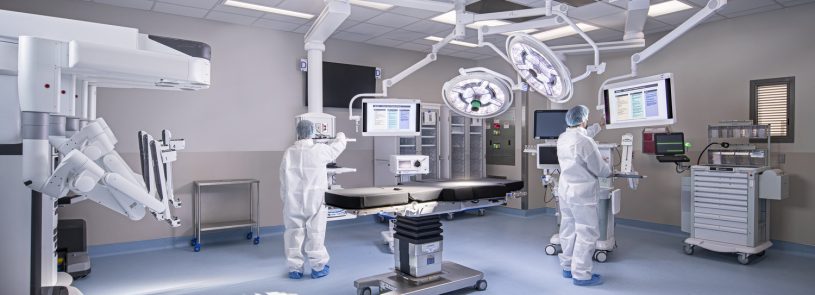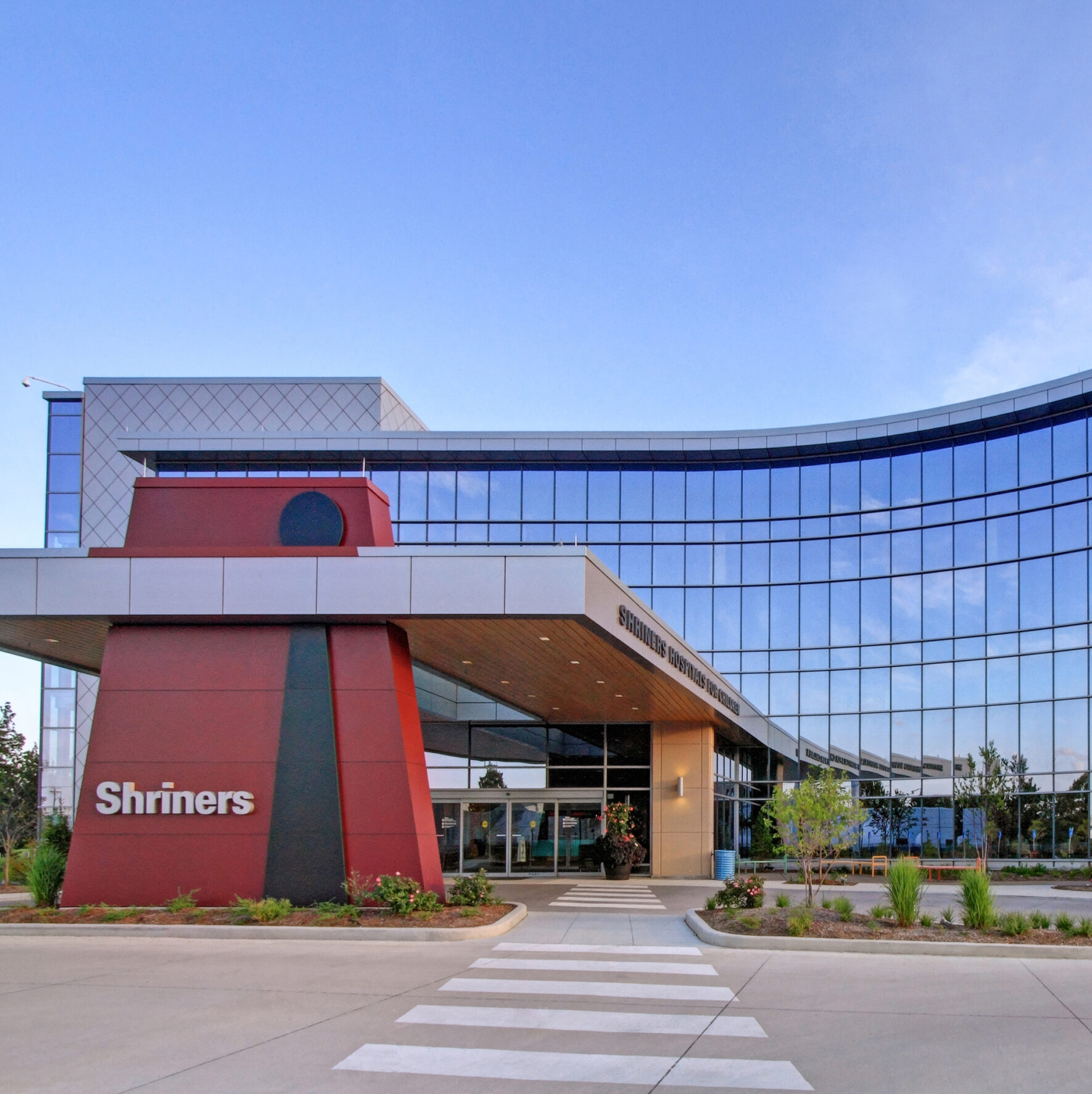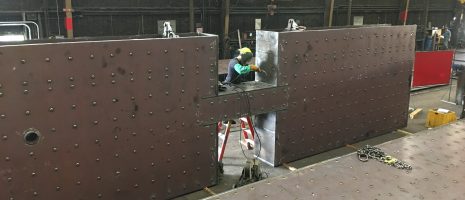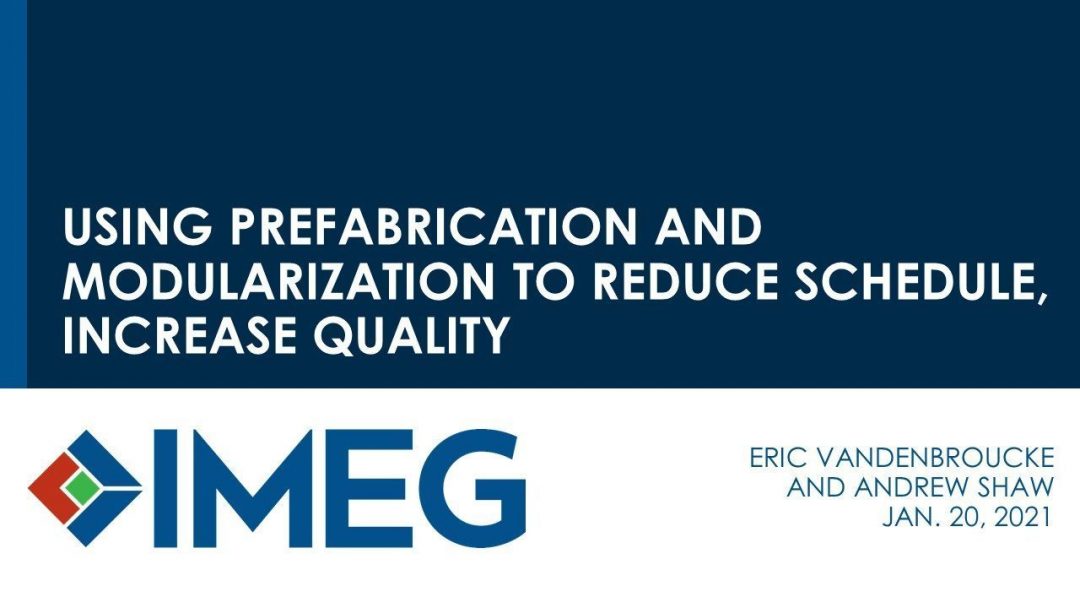Q&A with Leslie Curry, senior medical equipment planner

 Leslie Curry is a Senior Medical Equipment Planner at IMEG. Her background in direct patient care brings a unique and essential perspective to the planning team. Leslie talks about the role of a medical equipment planner and how people from diverse backgrounds can be successful in this career.
Leslie Curry is a Senior Medical Equipment Planner at IMEG. Her background in direct patient care brings a unique and essential perspective to the planning team. Leslie talks about the role of a medical equipment planner and how people from diverse backgrounds can be successful in this career.
Q: What is a medical equipment planner?
A: Medical equipment planners plan the medical equipment needed for healthcare facilities undergoing either new construction or renovation. This includes hospitals, medical office buildings, and ambulatory surgical centers, for example. We collaborate with the front-line staff and the design team to plan what equipment is required for each space and its placement in each room, so it meets the needs of the end users and is within the project budget.
Think about a hospital room—there is all this different equipment, and everyone is trying to collectively coordinate the spatial, structural, electrical, plumbing, and technology needs along with the clinician and patient needs. I ensure we accommodate any specific requirements, and that the placement of the equipment supports both patient and staff workflow. Often, equipment placement is critical to the operational functionality of the room and the patient care provided by the staff. There is a tremendous amount of detail required when it comes to planning medical equipment for a healthcare facility.
Q: How did you get started in medical equipment planning?
A: I provided direct patient care for 15 years, including working on an ambulance, in an emergency department, and teaching an EMT program. I initially applied for a completely different position — not related to medical equipment planning — at a big California healthcare organization. When the HR director called me, she said, “You don’t want to do this job. But we have this other opportunity I think you’d be perfect for, a medical equipment consultant.” I had never heard of this position. Even though I had worked at and visited hospitals multiple times, I had never thought about who planned all the medical equipment. I thought it sounded worthwhile and interesting — meeting with clients, reading architectural drawings, helping to plan medical equipment, and outfitting a hospital. I got the job and have now been providing medical equipment planning services for large healthcare facilities for 14 years.
Q: What skills and value do IMEG’s medical equipment planning team bring to the table?
A: IMEG’s medical equipment planners come from diverse backgrounds and specialties—patient care, operations, design, biomedical, and clinical engineering within a hospital environment, etc. Some planners specialize in sterile processing requirements, operating rooms, pharmacies, robotics, emergency departments, ICU, and other clinical spaces. Others have specialties which support other critical areas of hospital organization and patient care. As a result, we have an internal resource of experienced planners to solve problems and ask questions that clinicians, architects, and engineers may not have considered.
In addition, successful medical equipment planners should have distinguishing qualities including excellent people/interpersonal skills, effective communication, organization, and a focus on team collaboration. It is also crucial to have long-term vision, forecasting and planning abilities as it may sometimes take years for a project to come to fruition.
Lastly, in addition to being knowledgeable about medical equipment and vendors, medical equipment planners stay abreast of the latest trends and innovation in healthcare by attending annual conferences. This enables us to gather and share the latest information amongst our team, and, more importantly, with our clients, with the goal of improving the overall patient care experience and outcomes.











